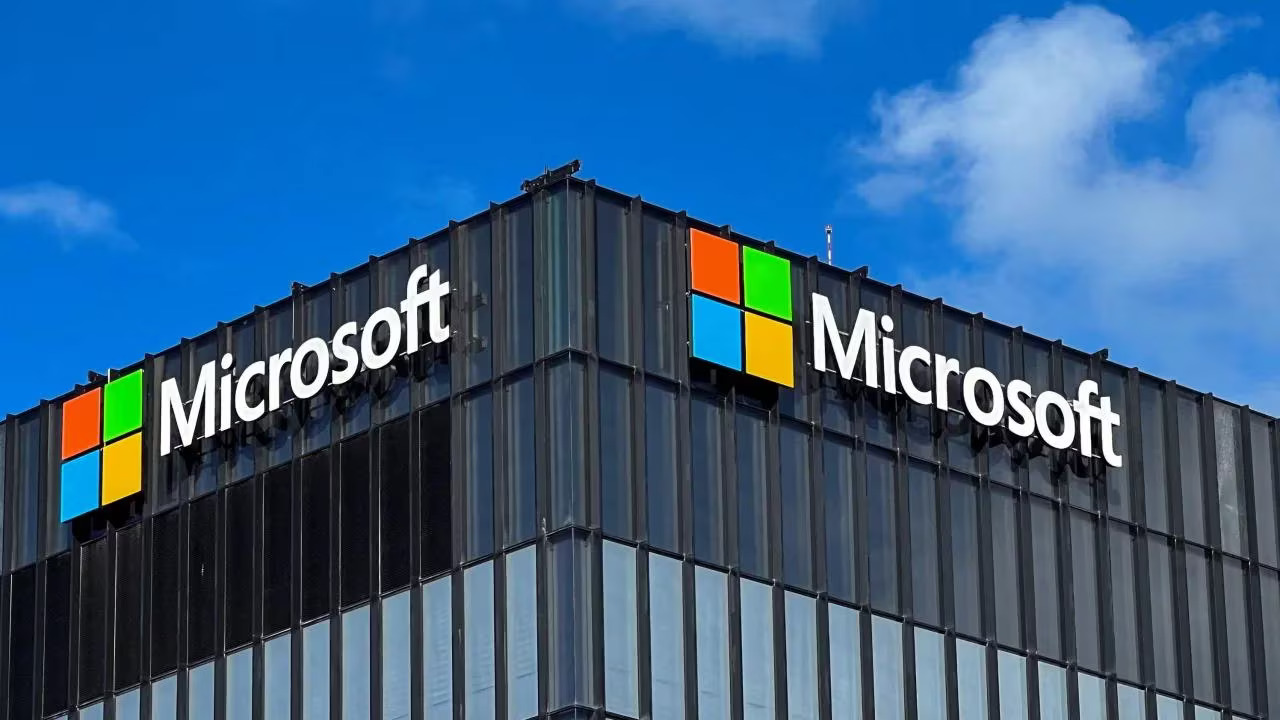Microsoft’s $29 Billion Tax Bill: In a shocking and long-anticipated twist, the IRS has taken the next step in what is now considered the largest audit in its storied history.
On a fateful Wednesday, Microsoft received a jaw-dropping notification from the agency stating that the tech giant owes a staggering $28.9 billion in back taxes, accompanied by hefty penalties and interest.
This colossal case isn’t just about the jaw-dropping sum; it’s also a grand saga that’s been unfolding over more than a decade. To truly grasp the gravity of the situation, one must delve into the saga that led to this monumental showdown.
As ProPublica reported in a riveting exposé back in 2020, co-published with Fortune, the IRS saw this as a golden opportunity to flex its muscles and prove its effectiveness.
Historically, the IRS had been reluctant to take on corporations with seemingly bottomless pockets.
But this time, they decided to be audacious and hired a corporate law firm to represent them, a move that left Microsoft fuming.
Microsoft’s Ongoing Battle with the IRS: A Decade-Long Tax Audit Saga
In response, MSFT, along with its industry peers, rallied allies in Congress to try and rein in the IRS. The stage was set for an epic battle.
The audit began over a decade ago and shows no signs of concluding anytime soon, as MSFT plans to appeal the IRS’s conclusions.
The primary focus of the audit was on a deal that the IRS would later describe as “illusory in nature, serving no material economic purpose except to shift income.”
In 2005, Microsoft, as per ProPublica, “sold its most valuable possession—its intellectual property—to an 85-person factory it owned in a small Puerto Rican city.”
By striking a favorable tax deal with Puerto Rico, Microsoft ingeniously redirected its profits to this facility, where Windows and Office software were burnt onto CDs. Some Microsoft executives even celebrated this as a “pure tax play.”
Initially, the IRS took a rather lenient stance, resulting in a modest change in 2011.
However, in the same year, the IRS established a unit dedicated to scrutinizing intra-company deals designed to channel U.S. profits into tax havens, a practice particularly popular among tech giants like Google, Facebook, and Apple.
The leader of this unit honed in on Microsoft’s Puerto Rico deal, retracting the initial finding, and launching a comprehensive investigation.
Fast forward to 2020, when ProPublica unveiled the ongoing feud and legal wrangling between the IRS and Microsoft. The case had been marooned in court, with a federal judge yet to rule on whether the IRS should receive the documents they sought.
The Verdict: IRS Prevails in Microsoft’s Decade-Long Tax Audit Battle
Finally, the verdict came in, and it favored the IRS. The judge labeled Microsoft’s transactions as a blatant attempt to evade federal income tax.
Microsoft, however, maintains its innocence. In a blog post, Daniel Goff, a senior Microsoft executive, asserted that they have always abided by IRS rules and paid their taxes diligently in the U.S. and worldwide.
He clarified that the $29 billion sought by the IRS covers the years from 2004 to 2013 and suggested that this sum might decrease by $10 billion, as Microsoft has already paid taxes on overseas profits.
With the audit reaching a critical juncture, the battle is now shifting to the next phase. The IRS has an internal appeals division, which Microsoft plans to approach.
This development is significant, given that the IRS initially signaled it might deny Microsoft access to an appeal. IRS appeals officers often settle cases at substantial discounts, fearing a court battle. The process remains shrouded in secrecy.
Should Microsoft fail to secure a favorable outcome during the appeals process, it can escalate the matter to the U.S. Tax Court.
This protracted legal odyssey could potentially stretch into the late 2020s, underscoring the complexity and magnitude of this historic tax showdown.
The attorneys at the IRS handling this case believe it to be the most extensive audit in U.S. history, and the sum demanded from MSFT dwarfs any publicly disclosed audit in the agency’s annals.
In many ways, this case represents a final hurrah for the IRS before it suffered significant budget cuts during the 2010s, leading to a drastic decline in corporate audits.
While the agency is set to regain its vigor with the recent infusion of funds from the Inflation Reduction Act, the Microsoft case serves as a stark reminder that the fruits of this resurgence may take years to materialize.

